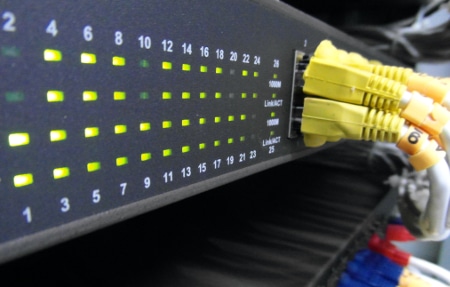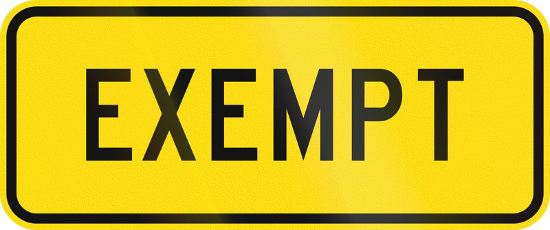
Computer Professional Exemption – A California Guide For Employees
23 Oct 2017
Depending on the circumstances, computer programmers, computer systems analyst, software engineers, and other similarly skilled workers can be exempt from overtime under California law as well as the Federal Fair Labor Standards Act (“FLSA”).
Applicability of the computer professional exemption for California employees is determined by a narrow test that examines: (1) the level of compensation to determine if the employee meets a minimum threshold, and (2) the job duties of the particular position to determine if they are “intellectual” or “creative in nature,” and whether the position requires the exercise of “discretion and independent judgement.” If the employee meets the requirements of the test, he or she is exempt from overtime. If the employee does not, then it is likely that the individual has a wage and hour claim. It is further important to note that not all computer related professionals are exempt, the California Industrial Welfare Commission Wage Order 4-2001 sets out an extensive list of computer-related jobs that do not meet exemption status (Hint: IT workers are often surprised to learn they should be getting paid overtime).
This article will discuss the test in detail for determining exempt computer professional status. As is the case with other employment law related issues, the California version of the exemption provides greater protections compared to its federal counterpart, and therefore this guide will only focus on California law. To learn more about other California exemptions for employees check out our general guide.
Minimum Compensation Requirement

Before venturing any further, the first step of the analysis should be to look at whether your level of compensation even qualifies you for the exemption. Unlike the professional and administrative exemptions which require an actual salary (a fixed amount of money paid regardless of hours worked or quality of work), the exemption for computer industry workers looks at an hourly pay threshold. For the exemption to apply the computer employee must receive an hourly wage equal to or greater than $45.41. Salaried workers, meanwhile, must receive an annual salary of at least $94,603.25 to be considered exempt.
Since federal law dictates a lower minimum compensation ($27.63 per hour) for an employee to be considered an exempt computer professional, California courts will use the more favorable state laws in determining exempt vs. nonexempt status.
Necessary Job Duties
For a computer professional to be considered exempt under Labor Code section 515, the worker must spend over half of their work time engaged in tasks which are “intellectual and creative” in nature. This means that the worker must be engaged in duties that consist of one or more of the following:
- The application of systems analysis techniques and procedures, including consulting with users, to determine hardware, software, or system functional specifications; OR
- The design, development, documentation, analysis, creation, testing, or modification of computer systems or programs, including prototypes, based on and related to user or system design specifications; OR
- The documentation, testing, creation, or modification of computer programs related to the design of software or hardware for computer operating systems.
The court examines each situation on a case-by-case basis to determine exempt or nonexempt status. Some examples of jobs which might meet the exempt job duties test include: software designer, documentation specialist, quality assurance tester, or software analyst.
Highly Skilled & Proficient

In addition to the requirements set forth above, to be exempt a computer professional must be highly skilled and proficient in the theoretical and practical application of highly specialized information to computer systems analysis, programming, or software engineering. Job titles alone are insufficient to determine whether the exemption is applicable. (Lab C § 515.5(a)(3)).
In determining whether or not an employee qualifies as highly skilled, the courts will consider factors such as the employee’s education level. A bachelor’s degree or higher in a computer-related field, for example, might qualify an employee as “highly skilled and proficient.”
So Who Is Non-Exempt?
Pursuant to California Labor Code section 515.5(b), the exemption does not apply in the following scenarios:
- Trainees and entry-level employees learning to become proficient in computer systems analysis, software engineering, and programming;
- Employees in computer-related occupations that have not attained the level of expertise and skill necessary to work independently and without close supervision;
- (Information Technology OR IT workers) Employees engaged in the operation of computers or in the manufacture, repair or maintenance of computer hardware and related equipment;
- Employees that are engineers, drafters, machinists, or other professionals (not computer systems analyst or programmers) whose work is highly dependent on or facilitated by the use of computers and computer software programs. These employees must be skilled in computer-aided design software (such as CAD/CAM);
- Writers who produce content meant to be viewed using computers, such as on Web sites or CD-ROMs, or who create manuals, labels, product descriptions or promotional materials for computer hardware or related materials;
- Employees who utilize computer software to create images for television, movies, or theatrical productions.


